9 Ways Cystic Fibrosis Affects the Body
Written by |
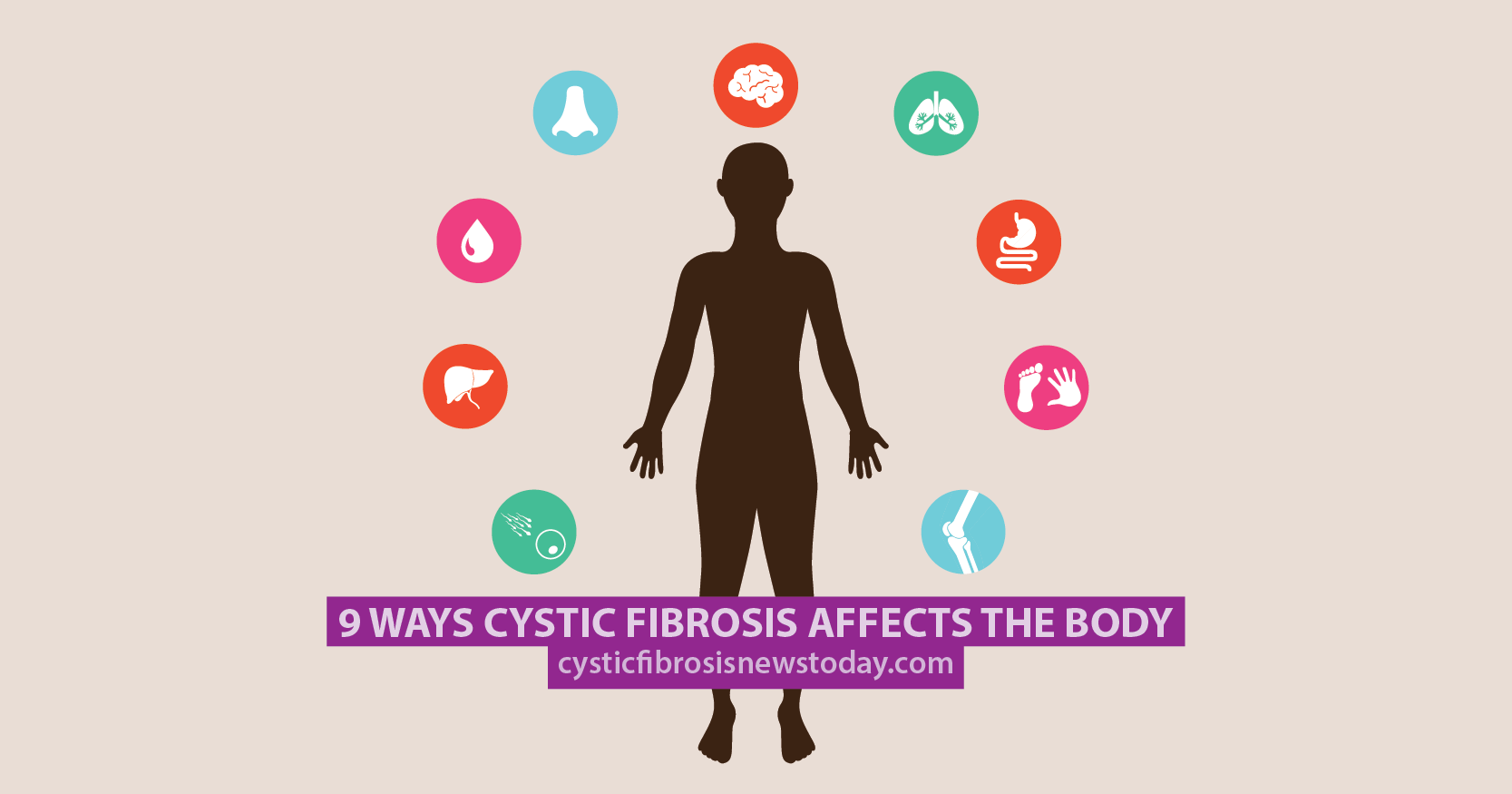
Cystic fibrosis is a genetic disease that affects approximately 1 in 2,500 babies. The symptoms of cystic fibrosis will vary from patient to patient, and depend on the severity of the disease and the mutation of the faulty genes, but there are commonalities in the way that CF affects the body according to the Cystic Fibrosis Trust.
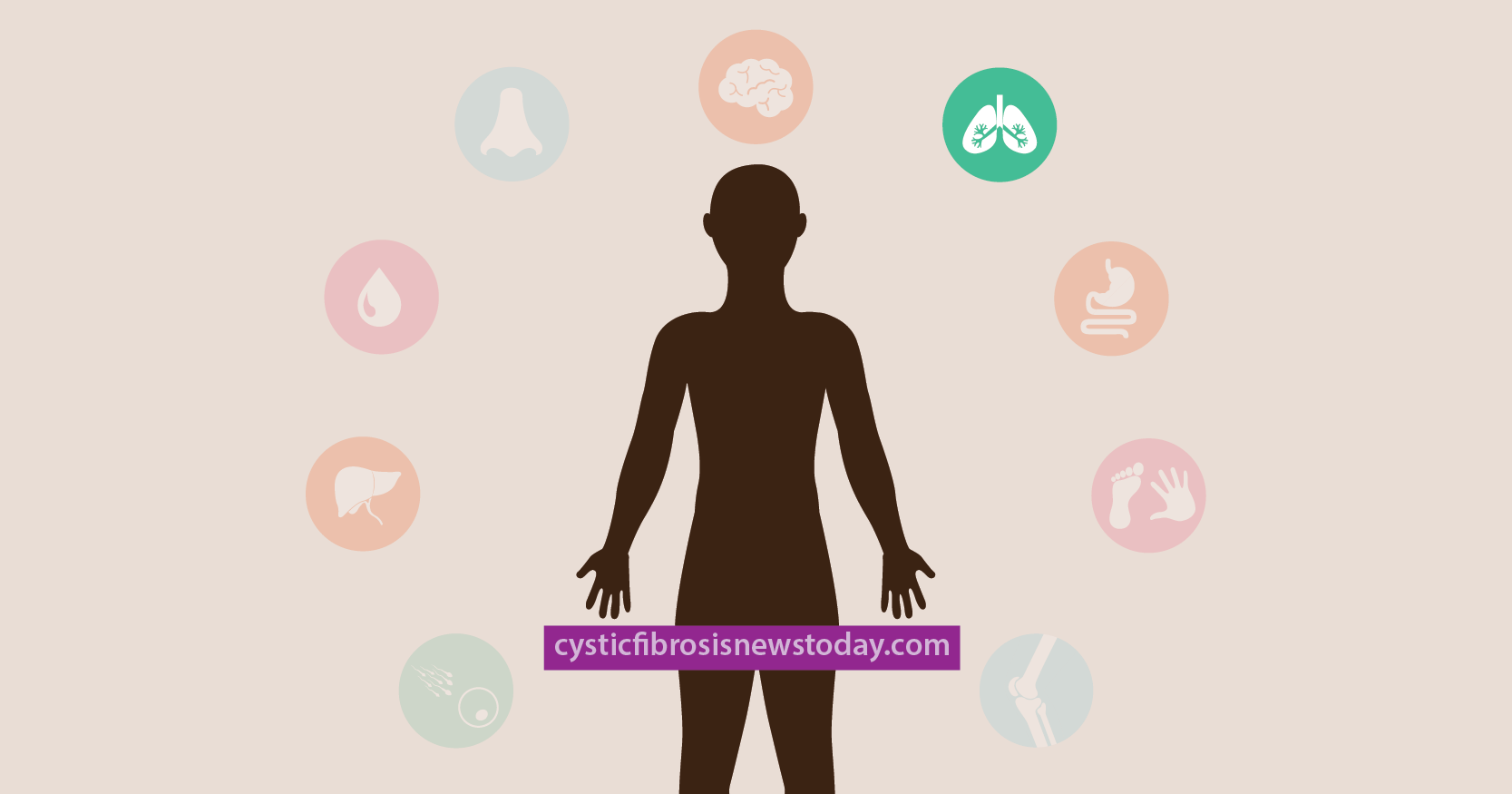
Lungs
Typically the lungs are the most affected part of the body where cystic fibrosis is concerned. Everyone has a lining of mucus inside their lungs, which is essential for catching unwanted debris that is inhaled, like dust or bacteria. This mucus is then expelled naturally. However, in cystic fibrosis patients, this lining of mucus is much thicker and stickier, which means that it is more difficult to dislodge. Because the mucus is harder to get rid of, cystic fibrosis patients are at a higher risk of lung infections.
In addition, the mucus becomes thicker and starts to block the movement of air in the lungs, making it much more difficult for people with CF to breathe and get the right amount of oxygen they need flowing into the blood stream.
Airway clearance techniques are used to help loosen mucus and allow patients to breathe easier and lessen the risk of infections.
Find out more about how cystic fibrosis affects the lungs.
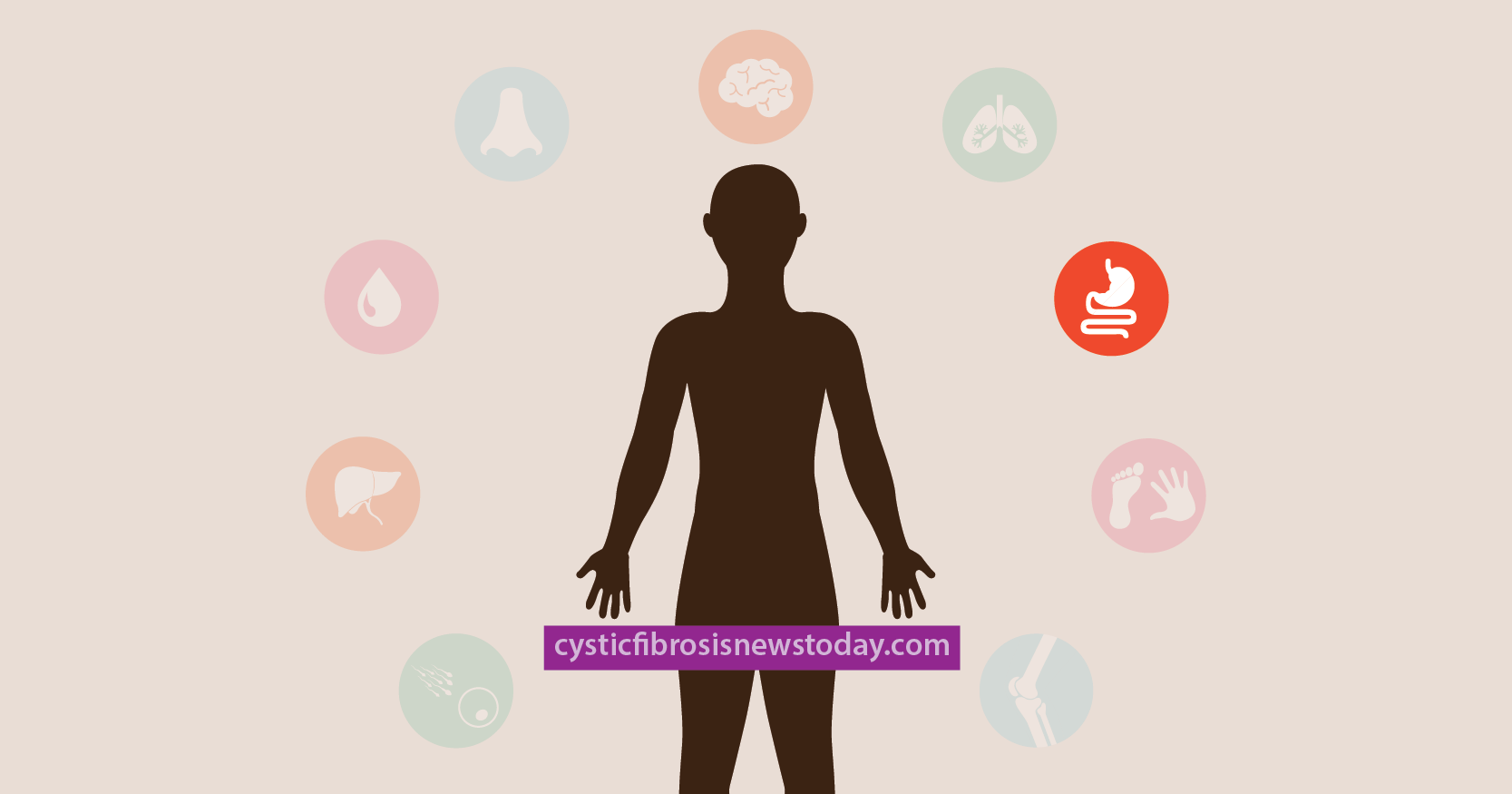
Digestive System
The pancreas is an important organ where enzymes are created to break down the nutrients in the food we eat. Many cystic fibrosis patients find that their pancreases are not working correctly, as mucus build-up blocks the tubes carrying the nutrient-filled enzymes to the digestive system. Some of the enzymes remain in the pancreas which causes inflammation. Cystic fibrosis patients often need to take supplements which mimic these enzymes so they can fully digest their food and absorb the minerals and vitamins.
In addition, the pancreas makes insulin, which is a vital hormone for regulating blood sugar. Without adequate levels of insulin, cystic fibrosis patients can develop diabetes.
Discover more about how cystic fibrosis affects the pancreas.
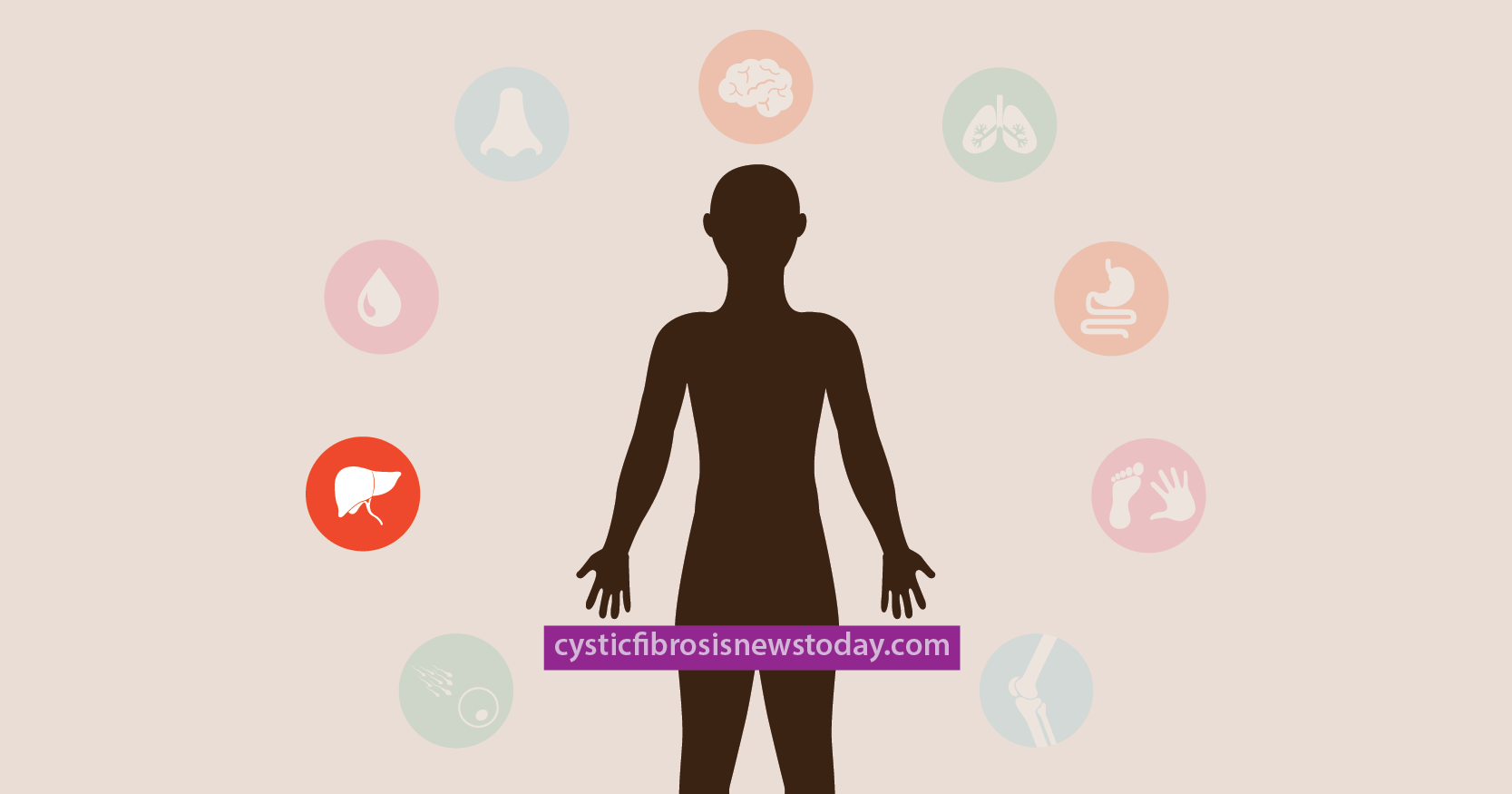
Liver
As cystic fibrosis patients get older, many start to develop changes in liver function. The liver produces bile which helps in the digestive process, particularly for breaking down fats. The bile in CF patients can become overly thick and sticky which can cause inflammation and scarring of the liver.
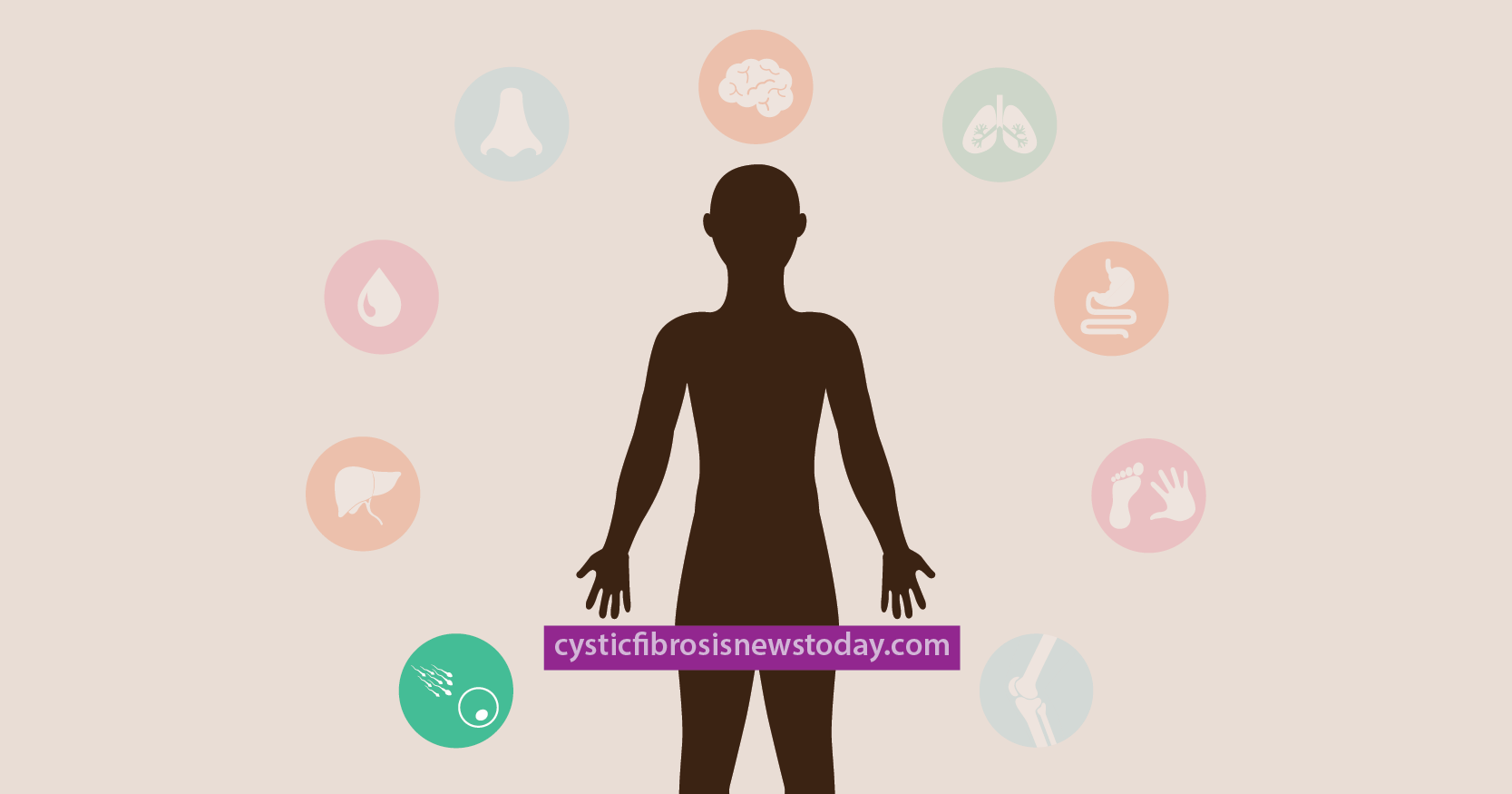
Fertility
Typically girls with cystic fibrosis will find puberty is delayed by 18 to 24 months, sometimes longer, which may cause anxiety if they feel out of place among their peers. However, they do catch up and will start to develop adult bodies.
Women with cystic fibrosis are more likely to experience problems with fertility, as they may suffer from irregular periods and therefore not ovulate regularly. In addition, the mucus in the vagina is thicker which makes it more difficult for sperm to reach the egg.
Female fertility issues in cystic fibrosis highlighted in a new study. Find out more.
Again, the onset of puberty in males with cystic fibrosis can be delayed by anywhere from 18 months to two years, which can make them look smaller and less developed than their classmates. However, they will catch up and develop naturally.
When it comes to fertility, around 98 percent of men with cystic fibrosis will be unable to father children without fertility help. This is because the vas deferens tube (which carries sperm from the testes to the penis) is either blocked or missing altogether. They will be able to produce healthy sperm, but will not be able to transport that sperm to be able to naturally impregnate their partner.
Find out more about six treatments and therapies for cystic fibrosis.
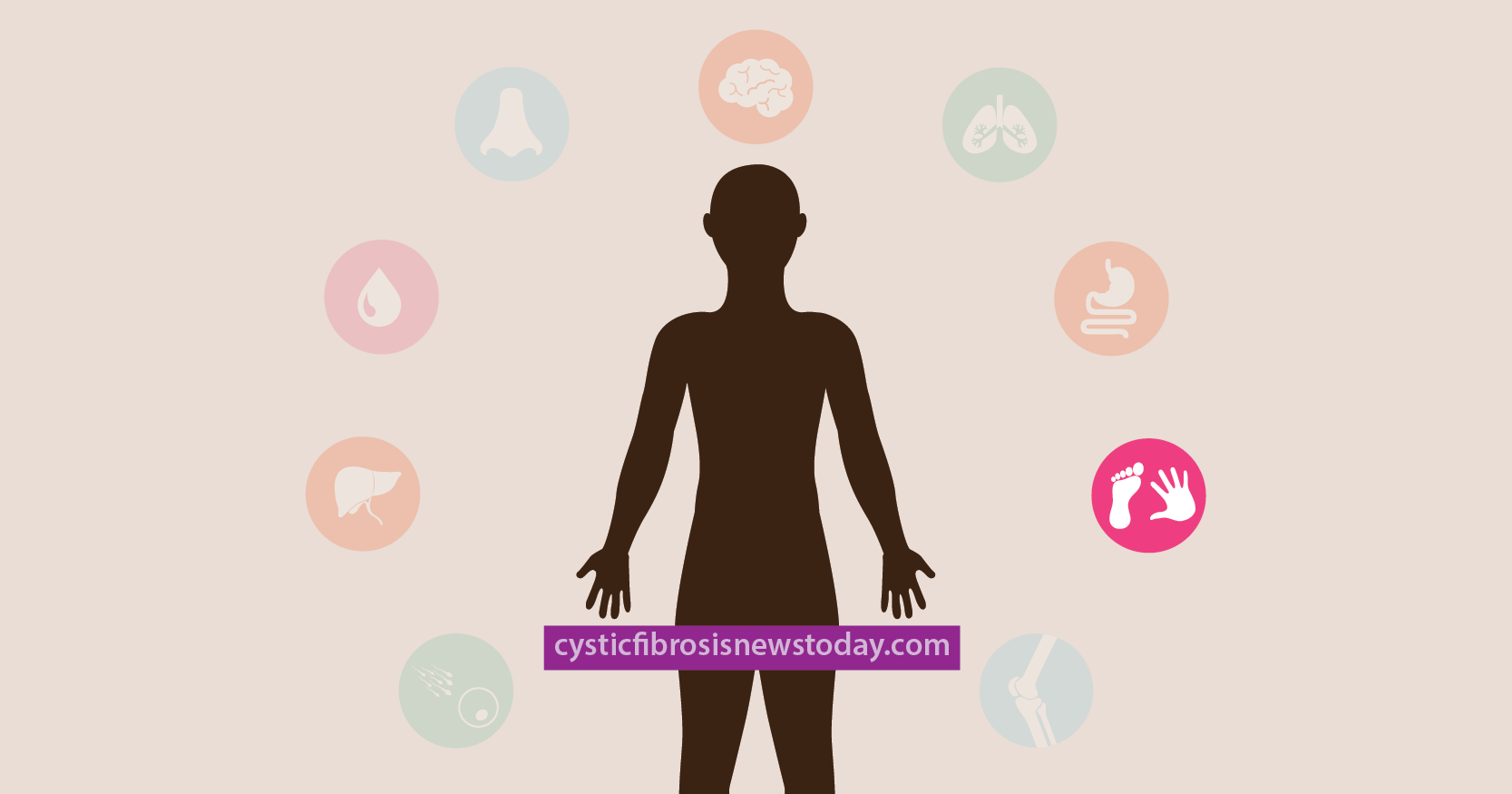
Fingers and Toes
Often people who suffer from lung diseases such as cystic fibrosis will experience clubbing of the fingers and toes. The exact reason for this is unknown.
Read our eight tips to help you better manage your cystic fibrosis.
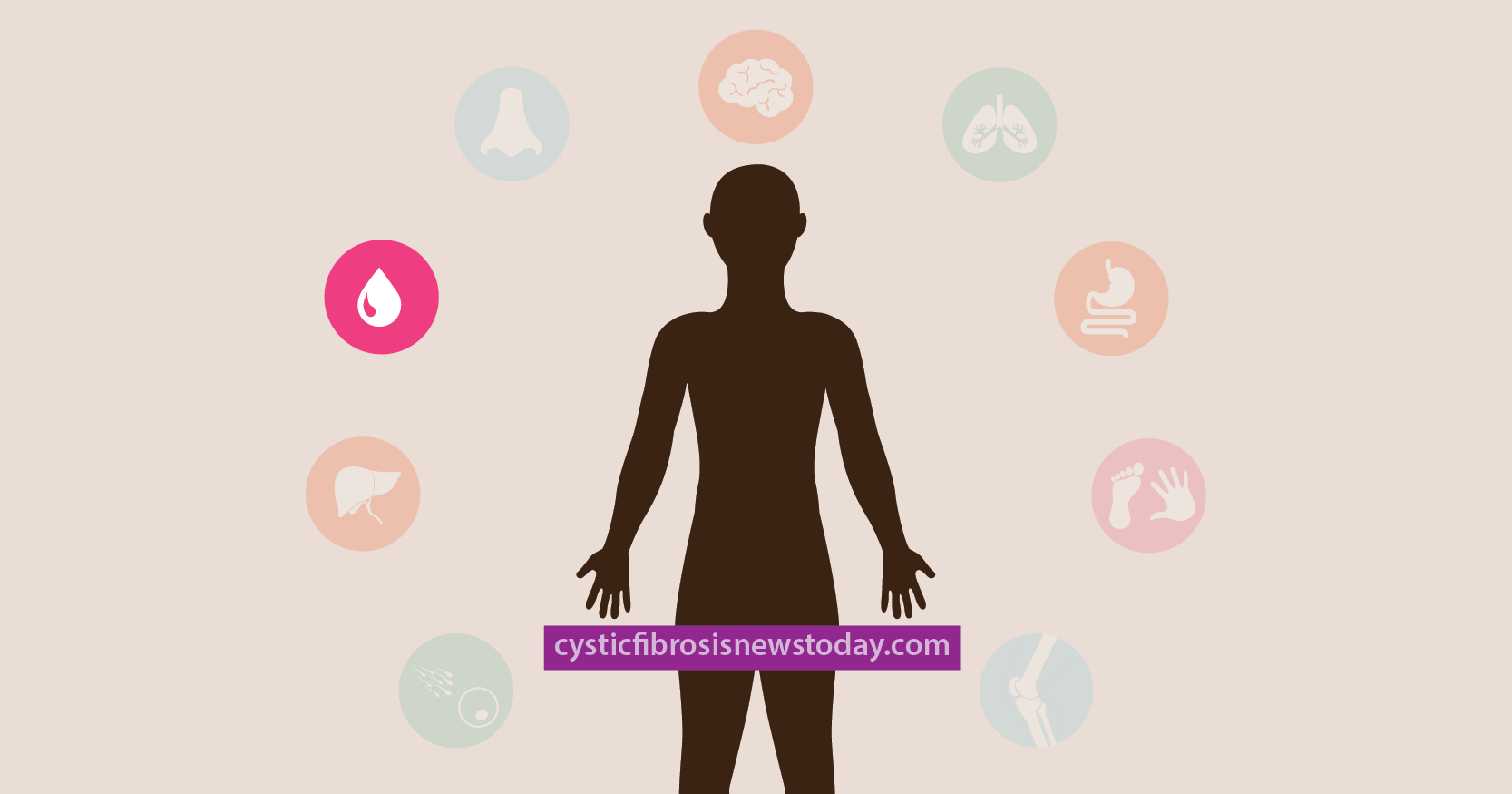
Sweat
In cystic fibrosis patients the transportation of salt through cell membranes is altered which means there is a higher level of salt in the sweat than in non-CF patients. This concentration of salt is screened in newborns with the heel prick test.
Newborn screening for cystic fibrosis is linked to better pubertal growth and adult height.
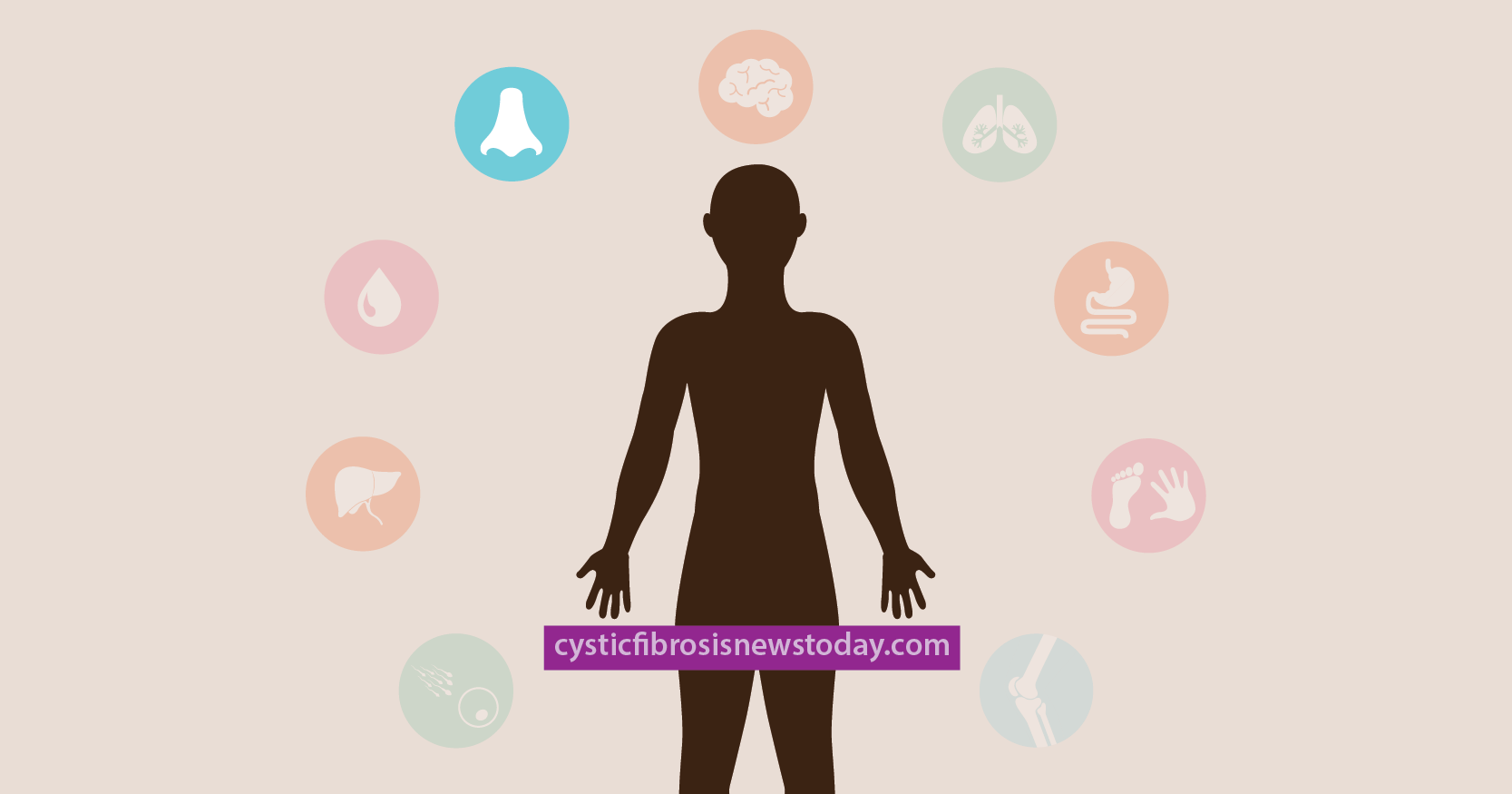
Nose and Sinuses
Cystic fibrosis patients can often suffer from nasal polyps, which are swellings that grow in the nose and sinuses. These polyps can grow either singly or in groups and can lead to congestion, a runny nose, sinus pain and a loss of sense of smell. The polyps can either be surgically removed or treated with steroids.
Because of the build-up of mucus, people who have cystic fibrosis suffer from sinus problems, which can lead to facial pain around the nose and eyes, congestion, loss of taste and smell, and needing to clear the throat constantly.
Common lung infections can be identified by collecting throat and sputum swabs. Find out more.
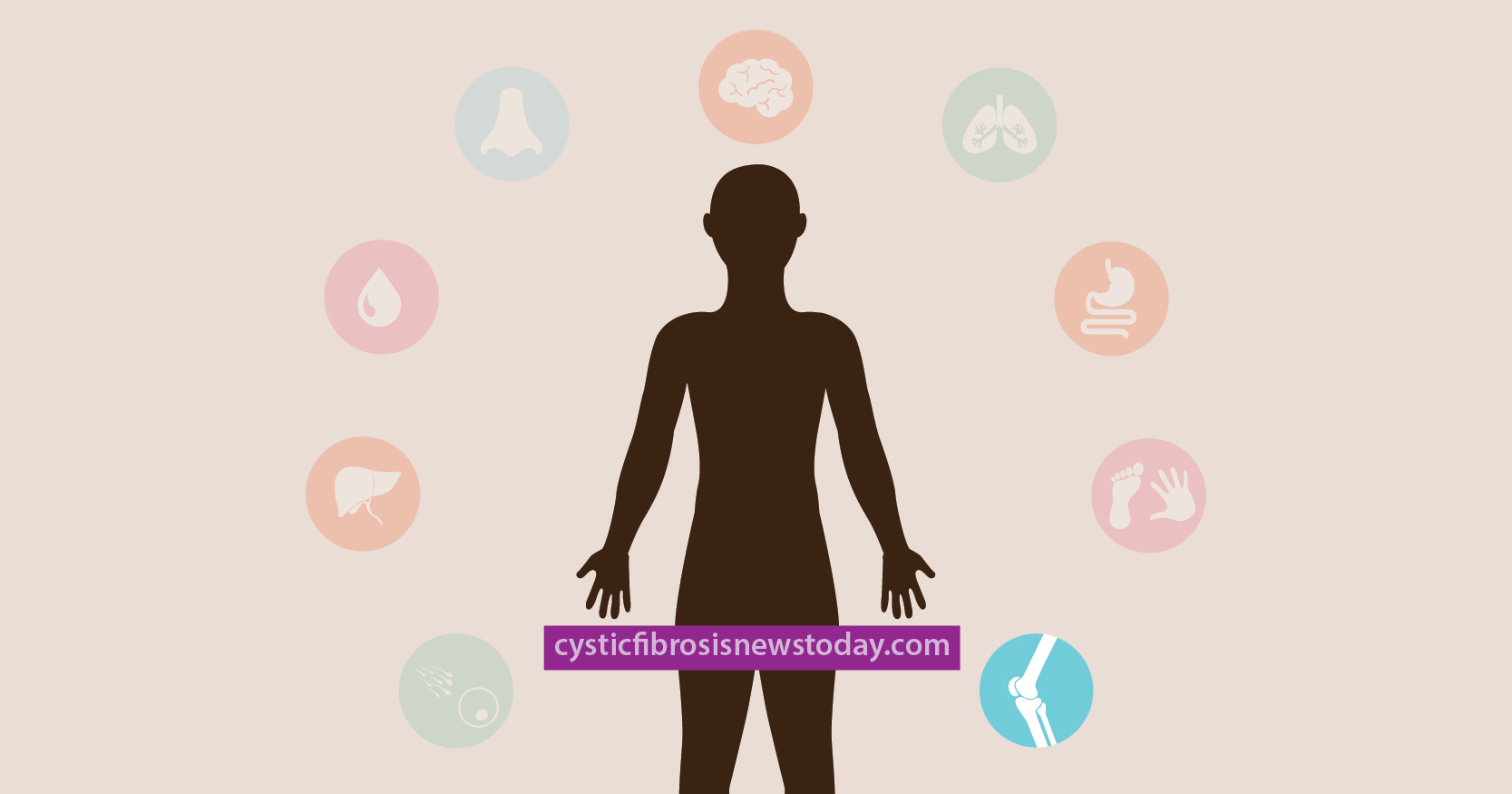
Bones
With age, the bones in our bodies become frail and brittle but for people with cystic fibrosis, this process happens at a much earlier age. Bone density and strength is linked to lung function and body weight–two areas where cystic fibrosis patients have severe challenges. It’s thought that around one-third of adult cystic fibrosis patients have low bone density.
Read about the three treatment categories for cystic fibrosis here.
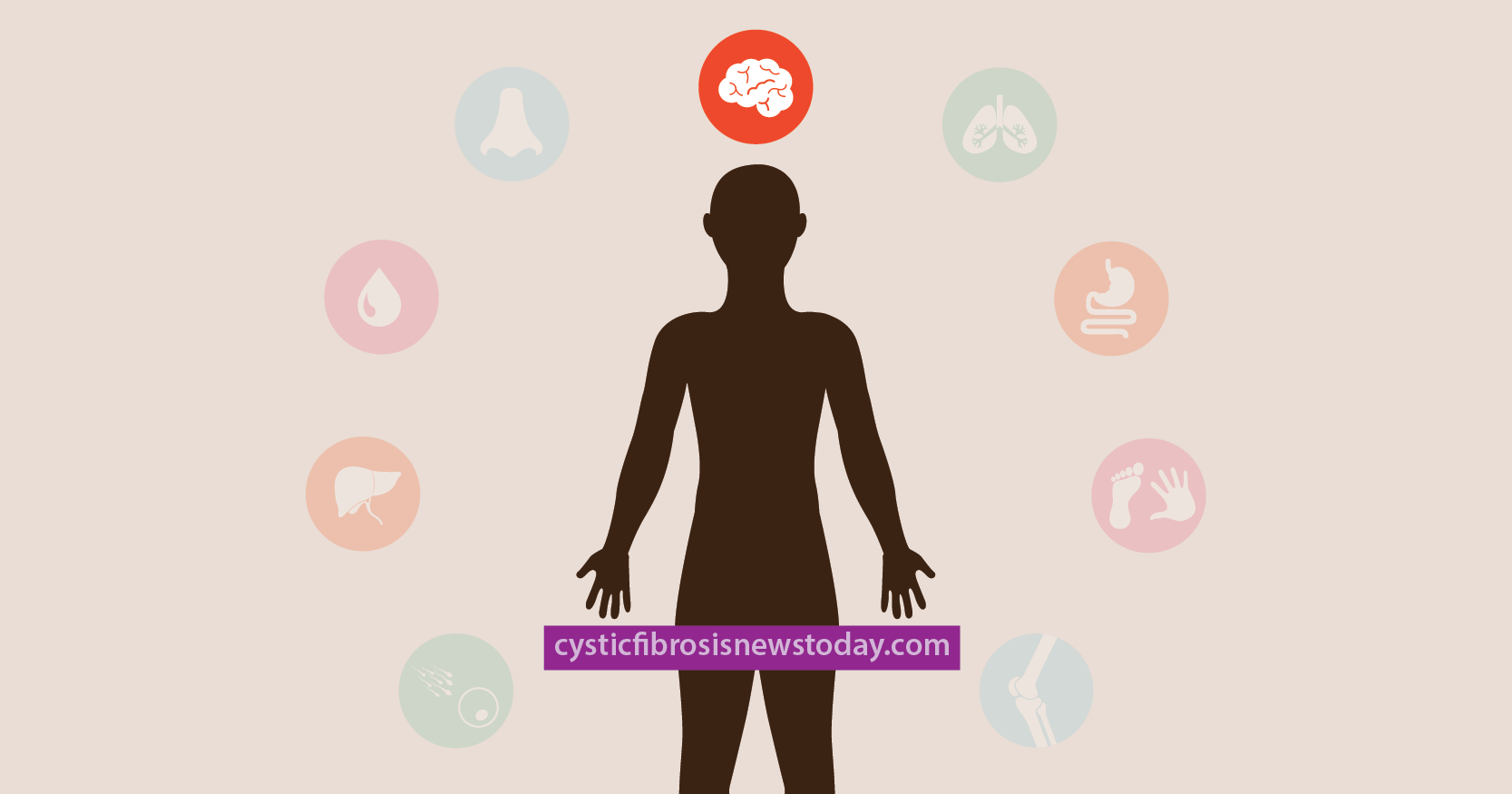
Mental Health
Living with a chronic illness such as cystic fibrosis may take a toll on a person’s emotional and mental health. Depression, mood swings, and stress are common experiences for CF patients. It is important to look after your mental health as well as your physical health.
Read about five ways to relax when you have cystic fibrosis.
Cystic Fibrosis News Today is strictly a news and information website about the disease. It does not provide medical advice, diagnosis or treatment. This content is not intended to be a substitute for professional medical advice, diagnosis, or treatment. Always seek the advice of your physician or another qualified health provider with any questions you may have regarding a medical condition. Never disregard professional medical advice or delay in seeking it because of something you have read on this website.






